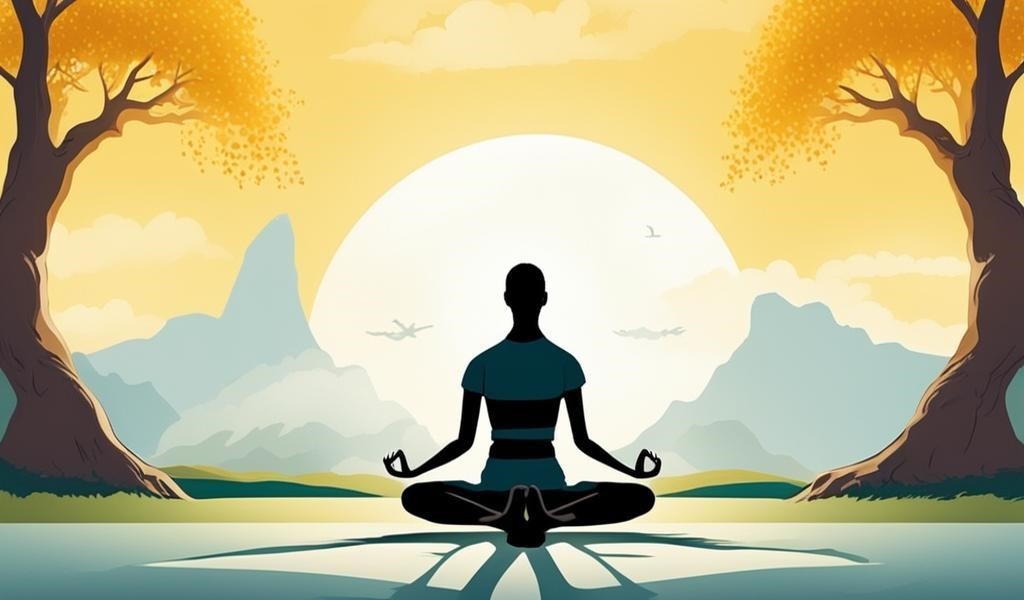Introduction
Despite popular perception, yoga’s primary objective is not to enhance flexibility. This misconception stems from a focus on visually striking poses, such as the splits, which often serve as marketing tools. However, this emphasis has detrimental consequences, according to yoga instructors.
The Essence of Yoga
Yoga, as a discipline, transcends physical flexibility. Its essence lies in harmonizing the mind and body through practice. It is a path of self-discovery and introspection, where the external world recedes, allowing practitioners to delve into their inner sanctum.
The Importance of Authenticity
The rise of yoga in the Western world has given rise to visual platforms like Instagram, which have fostered a trend of showcasing extreme flexibility, often rooted in gymnastics or contortion practices. Yoga instructors condemn this conflation as a form of cultural appropriation.
Yoga and Flexibility
While improving flexibility may be a concomitant effect of practicing yoga, it is not an end goal. The pursuit of such poses can lead to injuries when performed without proper guidance or adequate body mechanics.
Cultural Influences
Western culture has skewed the perception of yoga by emphasizing aesthetics and physicality, reinforcing colonial notions of superiority over “primitive” practices. This homogenization and commodification have resulted in a disconnect from its spiritual and mystical roots.
The Problem with Contortion
The portrayal of yoga as a contortionist art excludes individuals who may not possess extreme flexibility or mobility. This narrow representation perpetuates a sense of inaccessibility and reinforces the colonial mindset of Western supremacy.
The Impact on South Asian Heritage
The emphasis on flexibility has alienated South Asian practitioners from their own cultural heritage. It triggers feelings of displacement and separation, echoing the trauma inflicted by colonial rule.
Reclaiming the Tradition
To counter this misrepresentation, yoga instructors are calling for a return to the original teachings and a greater focus on South Asian heritage. They advocate for acknowledging the colonial legacy and recognizing that yoga is a sacred gift, not a mere fitness trend.
Breaking the Cycle
Yoga teachers have a responsibility to promote responsible practices. By diversifying content and challenging ableist postures, they can contribute to an inclusive and transformative yoga experience. Yoga practitioners should also approach social media content with discernment, resisting the temptation to compare themselves to unattainable poses.
Conclusion
Yoga is a multifaceted practice that extends far beyond physical flexibility. By embracing the principles of inclusivity, authenticity, and self-awareness, we can foster a deeper understanding and appreciation of this ancient discipline.
About the Author
Sophia Khan is a practicing yogi with a deep understanding of the intersectionality of yoga and cultural heritage. Her research interests focus on dismantling colonial narratives and promoting responsible yoga practices.


